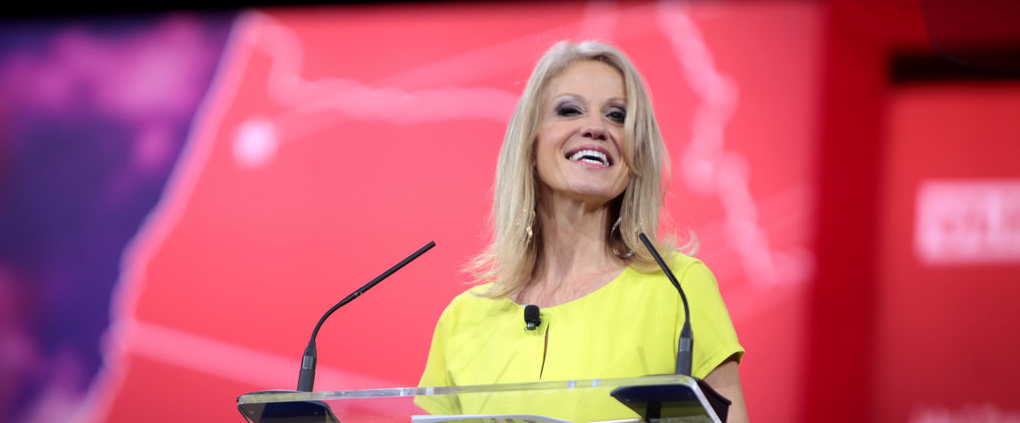On January 20, 2017, Donald Trump, a business man with no experience in public service, will officially become the President of the United States. Loud, often insensitive, and with serious moral liabilities, Trump seemed the unlikeliest of candidates during the campaign. Pollsters breezily predicted that Hillary Clinton (despite her own set of liabilities) would finally break the glass ceiling to become the first female President of the United States.
Login to read more
Sign in or create a free account to access Subscriber-only content.
